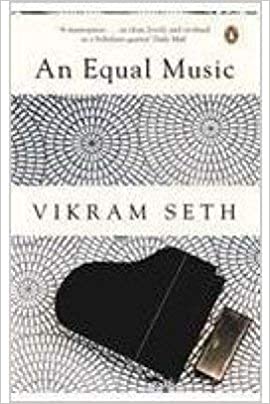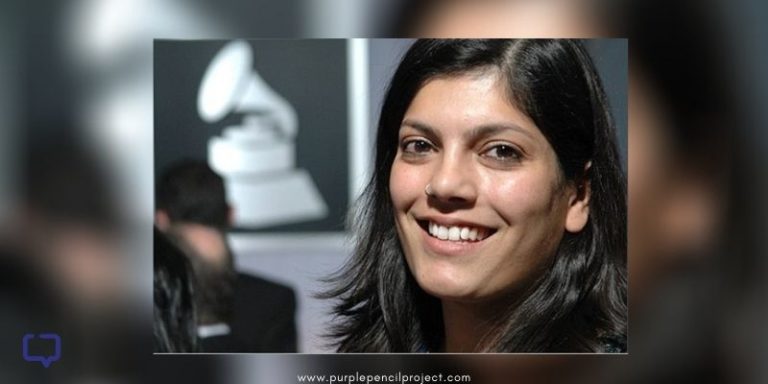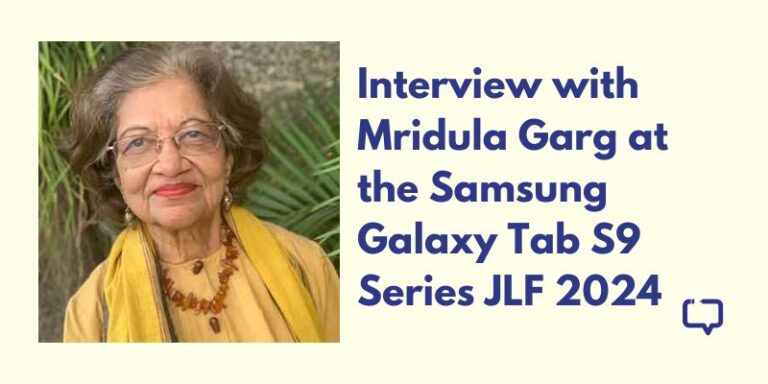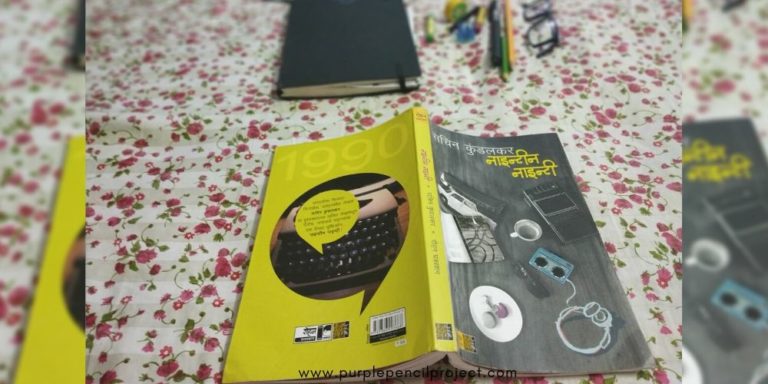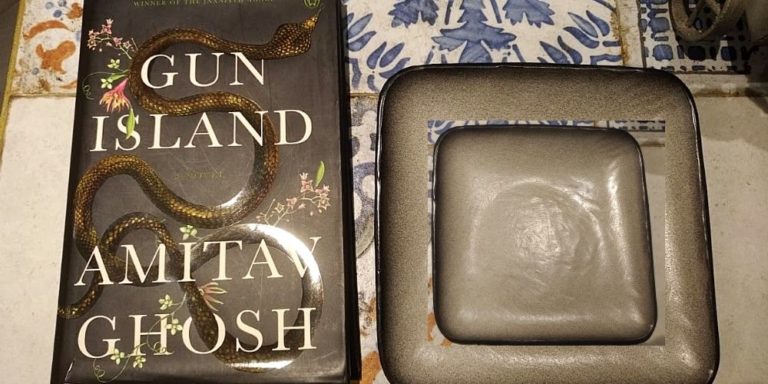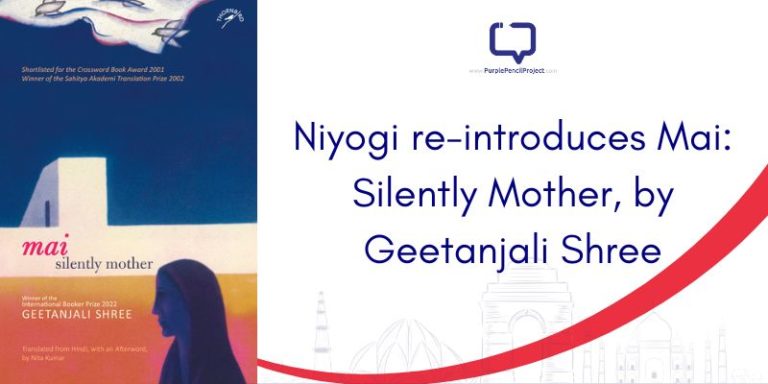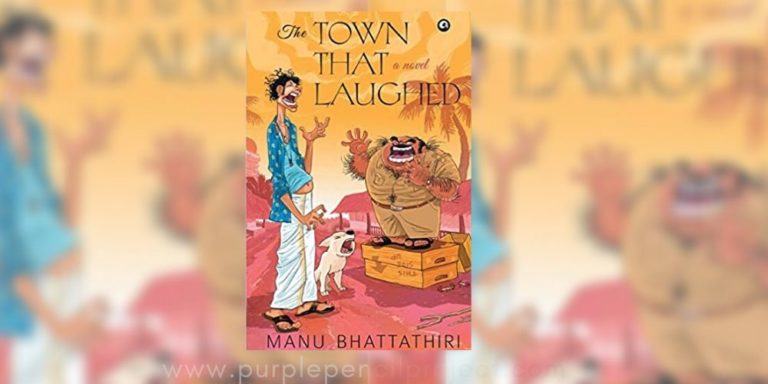We encourage you to buy books from a local bookstore. If that is not possible, please use the links on the page and support us. Thank you.
Music expresses that which cannot be put into words and that which cannot remain silent, Victor Hugo is credited to have said. Reading An Equal Music by Vikram Seth is the manifestation of this. Seth tries, in nearly 400 pages, to take us with his protagonist Michael on an artist’s quest for his love, and for his music – which come together and grow apart in a sometimes rhythmic, sometimes staccato fashion.
In London, with love: The story of An Equal Music
An Equal Music centres around the first-person narrator, the middle-aged Michael Holmes, a London-based violin player in a string quartet – the Maggiore Quartet. The plot, of which it is very little in terms of worldly drama, begins with two things Holmes finds on a sunny London afternoon – a rare vinyl record of a piece of classical music unheard of before, and a glimpse of his former girlfriend and classmate Julia, for whom his heart burns with an ever consistent passion, but with whom he has not spoken to for a decade.
Julia and Michael were classmates at music school in Vienna, who dated, and then Michael broke up with her, leaving everyone heartbroken, and left. Over their decade-long separation, he tries to contact her many times in many ways, after Julia’s persistent refusal that he should not. What follows is Holmes’s journey that reunites him with her briefly, but potentially helps him reconcile with himself more permanently, and provides a sense of closure to a decade-long emotional connection of love and music.
Besides Julia, we meet Michael’s quartet members – Helen the chirpy, Piers the irritable, and Billy the undermined – and the dynamic of the quartet, how collective creativity creates bonds and chasms between individuals and how their personal and artistic emotions become deeply intertwined, comes across beautifully as they navigate not just making music, but the complex logistics of the industry – shows, reviews, media coverage, et all.
Writing Music: The marriage of two art forms
But more than any character in An Equal Music perhaps the centre stage is the Music itself. Vikram Seth has researched, perhaps over-researched, his novel, so that every instrument, every note, every chord, and every musical progression is described in detail. Because the book is long, and because Seth has done very little to help the reader along the way to grasp the sound of the music, much is lost in translation if you don’t know Schubert, Bach or Mozart, or cannot tell why playing something in a minor chord is different from a major chord, and how switching up an arrangement with two violas instead of two violins, then you might need a lot of help to get through the book, let alone enjoy it. While Seth’s writing aims for the meditative, it comes across as too technical.
I heard a lot of chamber music while I was reading the book, to help me imagine and bring alive what was on paper. It helped somewhat but failed to evoke the powerful emotions that music and words otherwise do separately. It’s not easy to take an art form and use it to evoke emotions out of another, and Seth tries but does not quite succeed.
The tale of a whiny man
But perhaps the biggest reason the book is brought down is the use of the first-person narrative. Michael Holmes is a heartbroken, lonely, neither-rich nor poor musician who seldom rises above self-pity when narrating his situation. From the get-go, he is a man who lives in his own head and tries very little to understand other perspectives. He is passionate, committed even, and as flawed as any human, but his constant justification of why he acts the way he does makes him boring after a point. His struggle with his mental health is real, and there is no discounting that, but the reader does far more work in empathising with him than should be required.
What is far more interesting is Julia’s own journey with herself, with her family, with Michael, and with her music. Seth’s writing brings alive the pain of love and loss when he writes about Julia, but these scenes are too far and few in between.
Conclusion
Books and stories don’t have to be universal in their style, and if we absolve Seth of doing nothing to help a non-musical reader along, this is a good one-time read, if nothing else then for the rich descriptions of London, the superb use of descriptive words that do bring the world, if not the music, alive. To those with even a semblance of appreciation of instruments and their sounds and/or Western Classical Music, it will be an entirely different book than the one I have read.
Best Quotes
Julia follows my gaze to the old wistaria against the wall, its clusters in every stage of life from emergence to fulness to decay, bees busying themselves around. How much of a garden is its sound, dead to the deaf? – our footsteps on the gravel, the plop of water from that small fountain, birdsong and bee-buzz? How much of a conversation must be read in the eyes?







